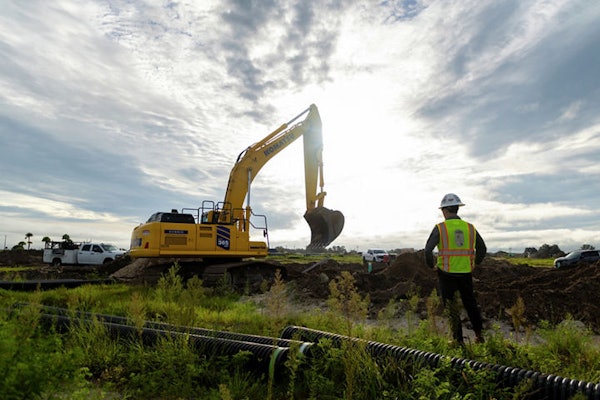In early May, the Texas House of Representatives voted 118-16 to suspend 20 cents of the state’s gas tax for 90 days.
If the Texas House thought it was offering up a creative solution to ever-climbing gas prices, it needs another think. Temporary gas-tax suspensions make feel-good headlines, but they offer taxpayers little relief in the long run.
First off, the temporary time-off idea is hardly new, especially post-Katrina. Just a cursory search shows the idea gained legs in Wisconsin in 2005 and Minnesota in 2006 and actually had a one-month life in Georgia in 2005.
But temporary gas tax reductions had advocates way before Katrina or even September 11th. It seems any steep gas price hike prompts this knee-jerk response. Both Indiana and Illinois decided to “ease the burden” for drivers and truckers by temporarily cutting their state’s motor fuel taxes during the summer of 2000 – back in the days when gas was only around $1.55 a gallon. The end result for the average motorist was a savings of $10, then about the cost of a half-tank of gasoline.
Dr. Michael F. Martin, former senior economist for the American Road & Transportation Builders Association, said in a paper that examined the experience of these states that it offers a “cautionary tale.” He said the rest of the country should thank Indiana and Illinois for “serving in a case study of what governments should not do in response to rising motor fuel prices.”
According to Martin, for every four cents per gallon the Illinois government gave back to consumers during their temporary suspension, it gave 3.5 cents per gallon to oil companies, gasoline stations and other suppliers of gasoline. In the meantime, the loss of revenue for Illinois was pegged at around $300 million per year. Although the “motorists may appear to have been the biggest winners,” said Martin, “they were actually the biggest losers. The states lost millions of dollars that could have been spent on repairing … roads.”
Unfortunately, with gas prices making their way to $4 a gallon this summer, it would be surprising if the easy fix that attracted the Texas House didn’t gain momentum elsewhere, perhaps even in – shudder – the U.S. Congress.
The gas tax – an equation that has served this country so long and well even given all the fund diversions the highway bill goes through with each reauthorization – no longer fits our present reality. The federal tax on gas hasn’t risen in 14 years. The hybrid cars on today’s showroom pedestal use less gas, which means less money for highway funding. And, as a way to get some major projects off their to-do lists, states and municipalities are increasingly turning to toll roads and private-public partnerships.
What’s happening in Texas is one more cautionary note in what now is a full bell choir. When Congress reauthorizes the highway funding bill in 2009, it must have a funding mechanism that takes high gas prices into account and offers additional funding sources beyond the gas tax. To go through the highway bill reauthorization extension dance and end up with the same ol’ legislation funded entirely by the same ol’ easy-to-target gas tax would be a blow to this country’s mobility.









